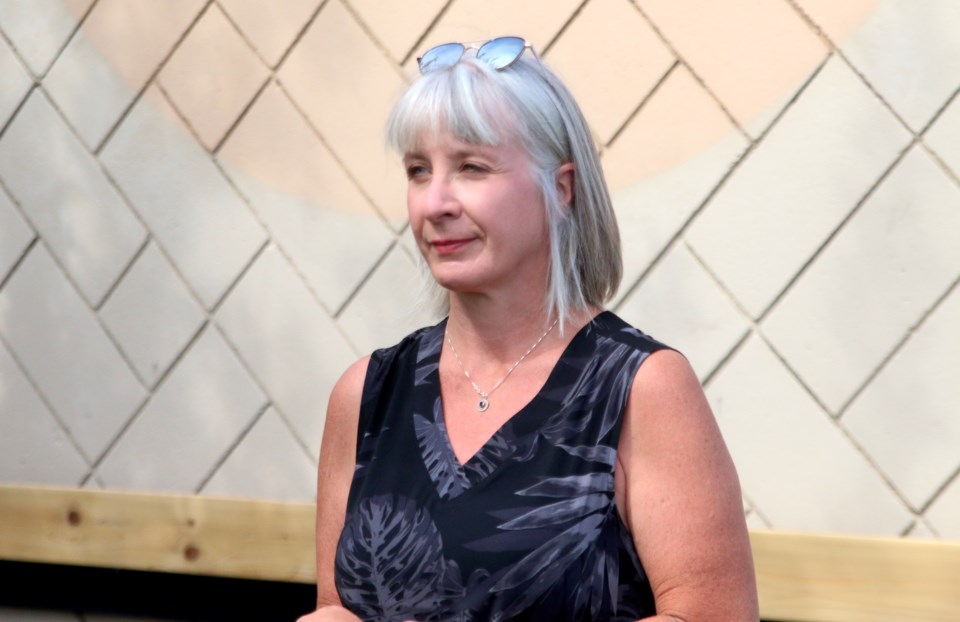THUNDER BAY - With cases of COVID-19 continuing to surge across the majority of the U.S., Minister of Health Patty Hajdu says it’s important to take a slow and measured approach to reopening to prevent similar outbreaks here in Canada.
“I think people are watching what is happening in the United States and realizing that if you push it too fast, too quickly and you don’t have the low level of disease activity that you need, it can easily resurge,” Hajdu said.
“We don’t want that. We don’t want to be in a position where we have to close down businesses again and ask everyone to stay home again and squander all the gains we’ve made. I hope people understand that slow and patient is much more sustainable than rapid and having to backtrack.”
The Thunder Bay district was one of numerous regions in the province permitted to entered stage two of its three-stage plan for reopening. With only one new case of COVID-19 reported in nearly two weeks in the district, and many other regions also seeing no new cases, there have been calls to allow regions to enter stage three.
The provincial Minister of Health, Christine Elliott, said earlier this week that public health units are still tracking to see if entering stage two has resulted in any new outbreaks and require another week of data collection to be sure.
“I have been working with [Elliott] closely,” Hajdu said. “They are still worried about some of the close space risk factors. We know when people congregate in close spaces there is an elevated risk of coronavirus spreading.”
The decision to reopen further areas of the economy is up to the province and local public health units, but Hajdu said every region needs to be ready to respond to possible outbreaks as more businesses and services reopen.
“What people can anticipate is as we start to open more and more services and facilities is that there will be localized outbreaks,” she said. “The real determining factor though is the community ready to take the action it needs to take to contain an outbreak.”
There are also concerns of a second wave of COVID-19 hitting, which isn’t inevitable according to Hajdu, but something that is certainly possible if proper measures are not taken.
Hajdu said there are a number of ways the virus could increase in its activity, including outbreaks related to reopening.
“There are a number of different scenarios I am working through with Health Canada and public health agencies so no matter what comes we are prepared,” she said. “We know this is not the end of COVID-19. It’s not getting any weaker, it’s not going to go away on its own.”
And Northwestern Ontario is not immune to a second wave or a resurgence of cases, with people showing even mild symptoms being able to transmit the disease to others.
“We have to keep our guard up,” Hajdu said. “We can’t be too celebratory that we’ve somehow managed to defeat COVID in Northwestern Ontario because it really is a sneaky virus.”
Hajdu added that she and her colleagues are continuing to work with U.S. officials on border restrictions. Restrictions on non-essential travel across the border have been extended to July 21.
“We are always working with our U.S. counterparts to make sure goods and services continue to flow,” Hajdu said. “That is critically important to our economy and the U.S. economy. We have to be very sure that we can handle the risk of importation before we move to open any border.”
Before opening any border, Hajdu said there must be adequate capacity to screen for health issues for travellers entering or returning to the country.
Discussions are continuing with U.S. officials and Hajdu said there should be an announcement on further extensions to the restrictions closer to July 21.
“I don’t want to predict what those outcomes are,” she said. “From our perspective, now is not the time to lift measures in a way that doesn’t allow for safety of Canadians, so we will have the safety of Canadians first and foremost in those decisions.”
